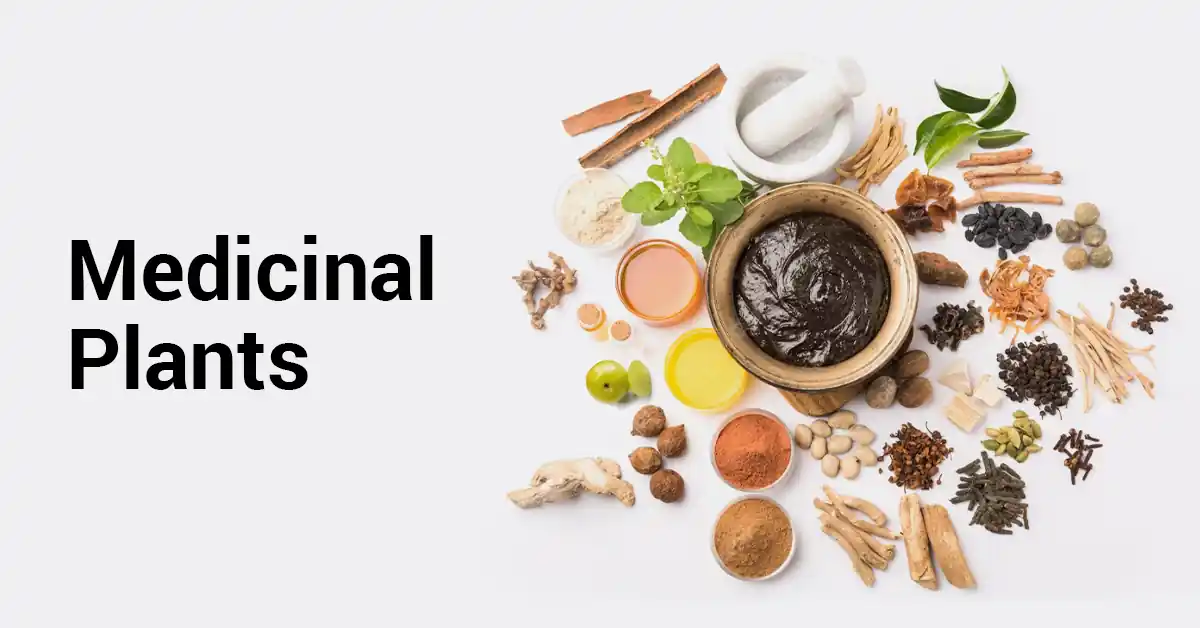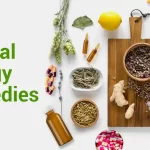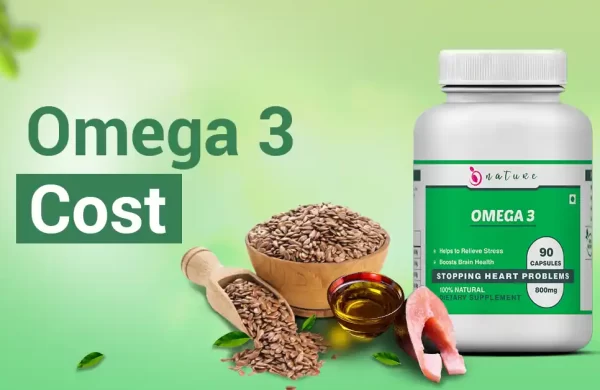In a world loaded up with current medication, neglecting the mind boggling mending force of nature is simple. For centuries, humans have relied on medicinal plants to treat various ailments and maintain their well-being. In this blog post, we delve into the fascinating realm of medicinal plants, exploring their history, common uses, health benefits, and more. (Taylor, J.L.S., Rabe, T., McGaw, L.J., Jäger, A.K. and Van Staden, J., 2001.)
History of Medicinal Plants
Since ancient times, medicinal plants have played a vital role in healing practices across cultures and civilizations. From the Ayurvedic herbs of India to the traditional Chinese medicine remedies, the use of plants for medicinal purposes has been deeply rooted in human history. These plants have been passed down through generations, with each culture contributing its unique knowledge and wisdom. (Gurib-Fakim, A., Sewraj, M.D., Gueho, J. and Dulloo, E., 1996.)
Common Medicinal Plants
Here are some commonly used medicinal plants and their remarkable properties:
Aloe Vera (Aloe barbadensis): Known for its soothing and healing properties, aloe vera is used to treat burns, skin irritations, and promote wound healing.
Lavender (Lavandula angustifolia): Lavender is renowned for its calming effects. It aids in relieving stress, anxiety, and promoting better sleep.
Chamomile (Matricaria chamomilla): Chamomile is a gentle herb used for its anti-inflammatory and relaxing properties. It is often brewed into a tea to soothe digestive issues and promote relaxation.
Ginger (Zingiber officinale): Ginger is well-known for its anti-nausea properties. It also possesses anti-inflammatory benefits and can aid digestion.
Turmeric (Curcuma longa): Turmeric contains a compound called curcumin, which has powerful anti-inflammatory and antioxidant properties. It is commonly used for joint health and as an immune booster.
Health Benefits
Therapeutic plants offer an extensive variety of medical advantages. Some of the notable benefits include:
Pain relief: Certain plants, like willow bark (Salix spp.), contain natural compounds that act as pain relievers.
Immune support: Plants such as echinacea (Echinacea purpurea) and elderberry (Sambucus nigra) can boost the immune system, helping to fight off infections.
Digestive health: Many medicinal plants, including peppermint (Mentha x piperita) and fennel (Foeniculum vulgare), aid in soothing digestive discomfort and promoting healthy digestion.
Stress reduction: Adaptogenic herbs like ashwagandha (Withania somnifera) and holy basil (Ocimum tenuiflorum) can help the body adapt to stress and promote overall well-being.
Methods of Using
There are various methods of utilizing medicinal plants:
Herbal teas: Dried herbs can be infused in hot water to create herbal teas, allowing you to enjoy their therapeutic benefits.
Tinctures: Tinctures are concentrated herbal extracts made by soaking herbs in alcohol or a solvent. They are often used for more potent effects.
Topical applications: Some plants, like aloe vera and calendula (Calendula officinalis), can be applied topically as creams or ointments to soothe skin conditions.
What Are Medicinal Plants?
The main question that comes to our mind is What is a medicinal plants? So it can be defined as, A medicinal plants is any ordinary plant that, has in one or more of the plants organs do contain substances that can be widely used for medicinal purposes, or these plants are the raw materials for any useful herbal medicine. Widely known medicinal plants are the Tulsi, Brahmi, Shatavari, etc (Sofowora, A., 1993.)
Uses
Also apart from the dominant medicinal use, these Ayurvedic herbs can also be useful in other daily purposes just as pest control or for any natural dyes also for the formulation and regulation of food items. 100 medicinal plants and their uses. Many essential products like different types of teas also different fragrances are among other essential purposes. herbs, medicinal plants, and their uses.
If we study the various researches that are made from across the whole world there is a sudden change that is happening. All of the world and people across the globe are forming to have an inclination for natural herbal medicines for treatments as well the usage that occurs in everyday life has gone up the graphs in recent future as well present significantly.
There are more than 100 medicinal plants that have been discovered over the past several years which are used for home remedies and herbal uses. In the medicines as well as the different products that are making a difference for mankind.
Precautions and Considerations
While medicinal plants can offer incredible benefits, it’s important to exercise caution:
Consult a healthcare professional: Before incorporating medicinal plants into your routine, consult with a qualified healthcare professional, especially if you have any existing health conditions or are taking medications.
Allergies and sensitivities: Some individuals may be allergic or sensitive to certain medicinal plants. Perform a patch test or start with small doses to assess your body’s response.
Quality and sourcing: Ensure you obtain medicinal plants from reputable sources to guarantee their quality, purity, and sustainability.
Sustainable Harvesting and Conservation
The increasing demand for medicinal plants raises concerns about sustainability and conservation. It’s crucial to support practices that prioritize sustainable harvesting, cultivation, and preservation of these precious plant species. Look for certifications like FairWild or consult organizations working towards the conservation of medicinal plants.
Conclusion
Medicinal plants hold a wealth of healing potential, offering a natural and holistic approach to health and well-being. Exploring their history, understanding their benefits, and incorporating them wisely into our lives can open up a world of possibilities for improved health. Embrace the power of nature and let medicinal plants guide you on your journey towards wellness.
We hope you found this introduction to medicinal plants informative and inspiring. Stay tuned for more articles on nature’s wonders here at 9nature.
You Can Also Read: Natural Allergy Remedies





